Supreme Court case in Charles City focuses on high school sports risks

By Bob Steenson, bsteenson@charlescitypress.com
How much risk of injury do high school athletes assume by playing sports, and how much duty do schools have to assure the players’ safety?
That’s the heart of a question that will be taken up by the Iowa Supreme Court in oral arguments to be presented in Charles City Tuesday evening.
The Supreme Court will hold a session at 7 p.m. at the North Grand Building (the old Charles City Middle School) to take up the case of Spencer J. Ludman vs. Davenport Assumption High School.
The Iowa high court has for a number of years held sessions in communities around the state to increase public awareness of and access to the judiciary in Iowa.
The decision in this case could have far-reaching consequences for Iowa high schools and high school athletes.
In the summer of 2015, a Scott County District Court awarded Muscatine High School baseball player Spencer Ludman more than $1 million for injuries he received when struck by a foul ball at a game at Davenport Assumption High School.
Ludman, who suffered a serious head injury, argued in court that the design of the visitor-side dugout did not provide reasonable protection from foul balls.
Ludman was a senior playing for Muscatine on July 7, 2011, during a double-header at Assumption High School.
Ludman was in the dugout awaiting his turn at bat when his teammate who was batting got his second strike with two outs.
Thinking he would need to retake the field to play defense, Ludman took off his batting helmet, collected his hat and glove and positioned himself in the dugout opening farthest from home plate.
On the next pitch the batter sent a foul ball careening toward the visitor dugout where it struck Ludman behind the ear and knocked him unconscious.
The impact caused a skull fracture and brain swelling that required a stay in the intensive care unit at University Hospitals in Iowa City and left Ludman with a permanent brain injury, according to testimony at the trial.
Ludman’s attorney, Steve Crowley of Burlington, argued that the dugout was too close to home plate and was not properly fenced.
“It’s only 35 feet long and sits along the first base line,” Crowley said about the dugout, according to news reports of the trial.
“Only the center of the dugout is guarded by a 25-foot fence. There are two openings, one at the north end and one at the south end, each of which faces onto the playing field.”
Crowley argued that the dugout could have been placed farther from the first base line or there could have been protective gates added to the openings to the dugout.
The jury decided Assumption High School was negligent and initially awarded Ludman almost $1.5 million, but it found Ludman to be 30 percent at fault for not being more attentive during the game. That cut his judgment to $1.03 million.
The attorney for Assumption argued that the case should have been allowed to be argued as a sports liability case rather than a premises liability case.
“We were not allowed to argue the inherent risk to the sport,” said attorney Lori Cole Magerko.
On appeal to the Supreme Court, Assumption is arguing that Iowa high schools face an avalanche of litigation if the court throws out the rule that says athletes assume risks when they play sports.
Ludman’s attorney is arguing that the court can determine important issues regarding the safety of facilities where student athletes play.
The Iowa High School Athletic Association filed a friend of the court brief supporting Assumption’s appeal.
It argued that many of the dugouts on baseball fields throughout the state are similar to the arrangement at Assumption, and that previous court cases have concluded that foul balls are an inherent risk taken on by spectators and participants who attend a ballgame.
Both Assumption High School and the athletic association are arguing that the case should never have gone to a jury, that it should have been dismissed on a directed verdict by the court.
A public reception with the justices will follow the oral arguments session Tuesday night in the North Grand Building auditorium.
The seven Supreme Court justices will also visit area schools on Tuesday and Wednesday to talk with students about the judiciary.

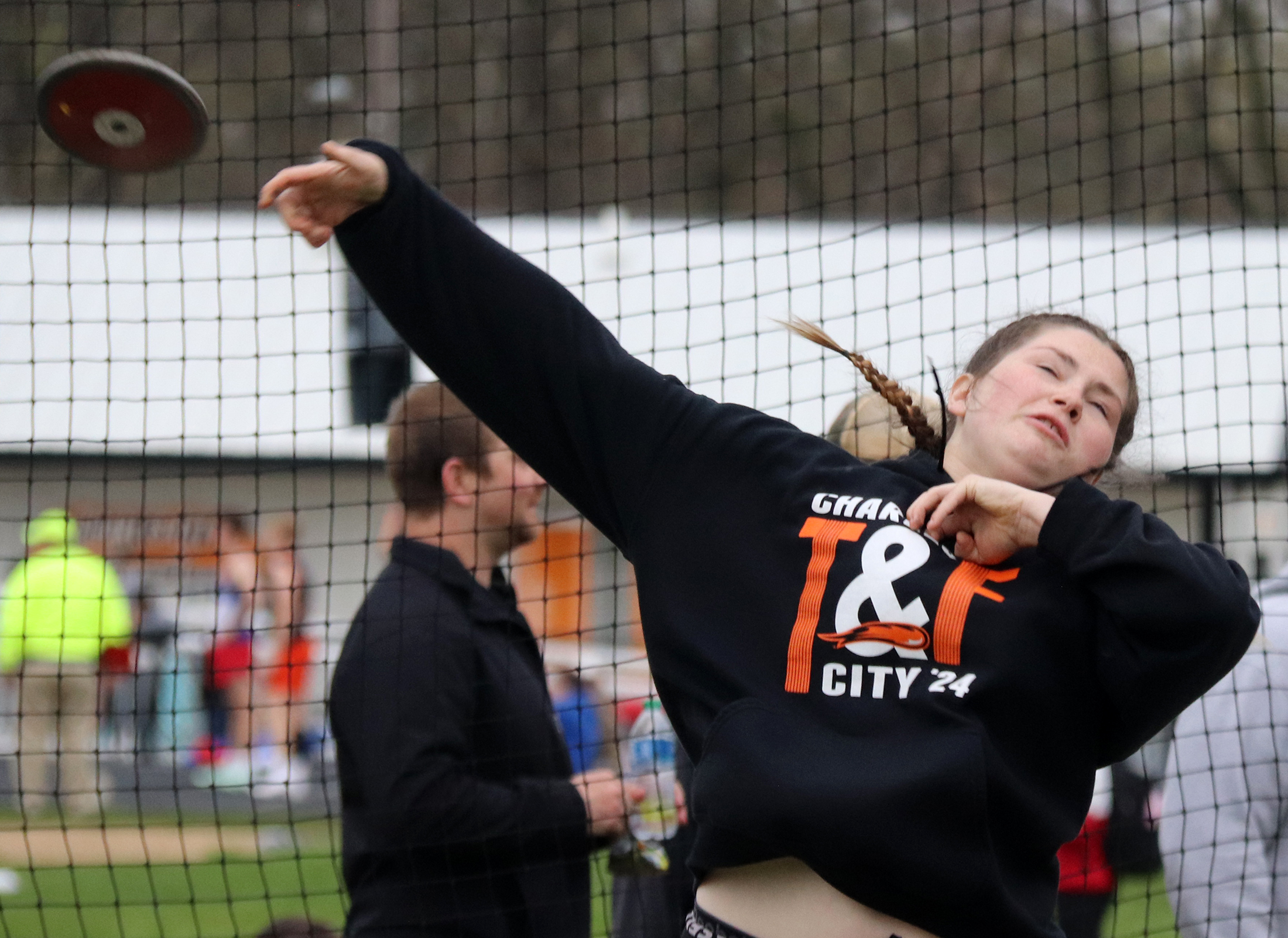
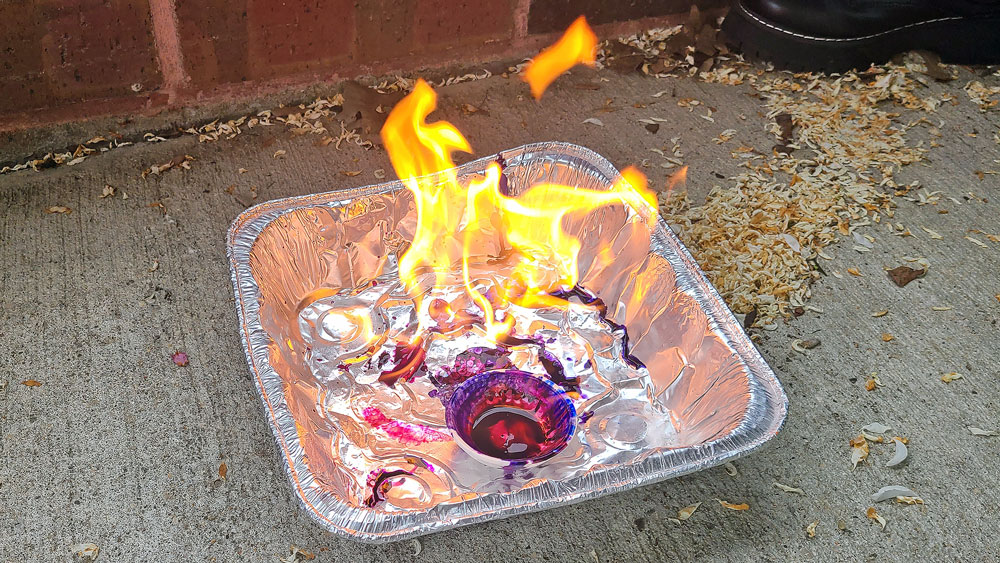
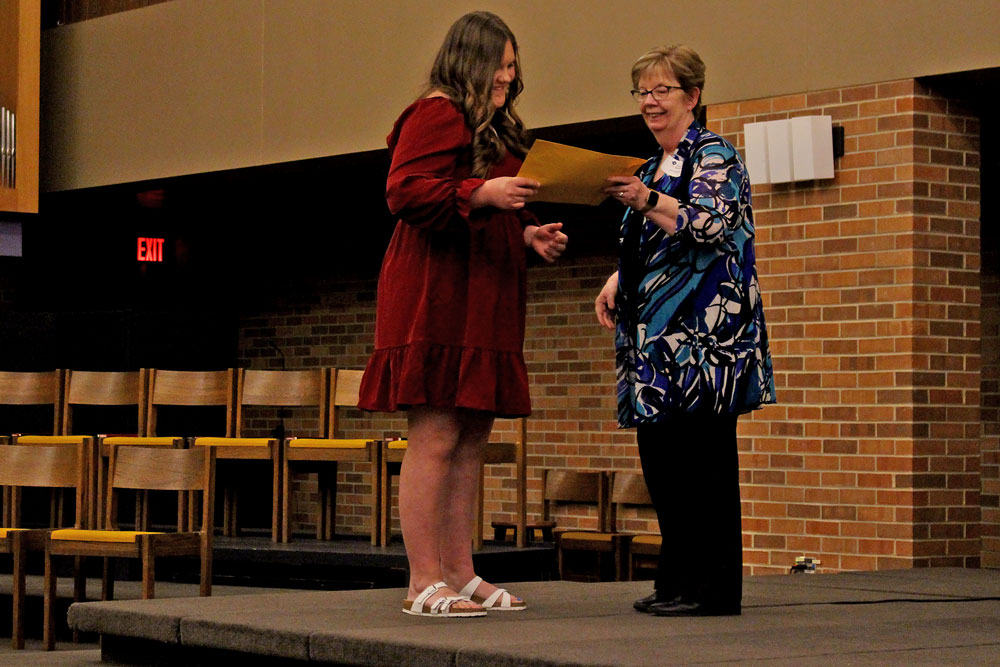
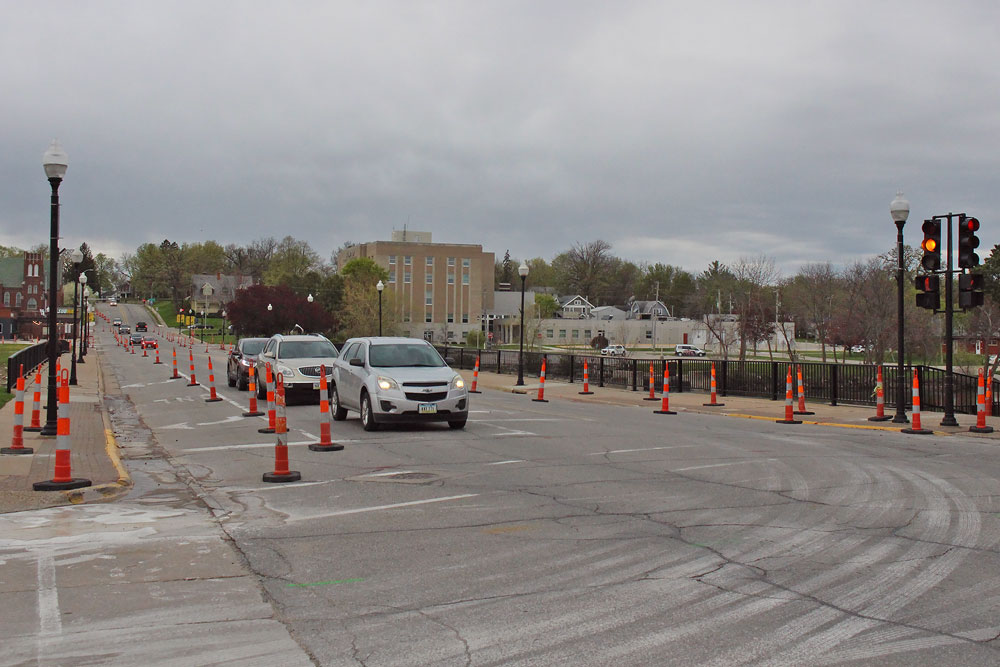
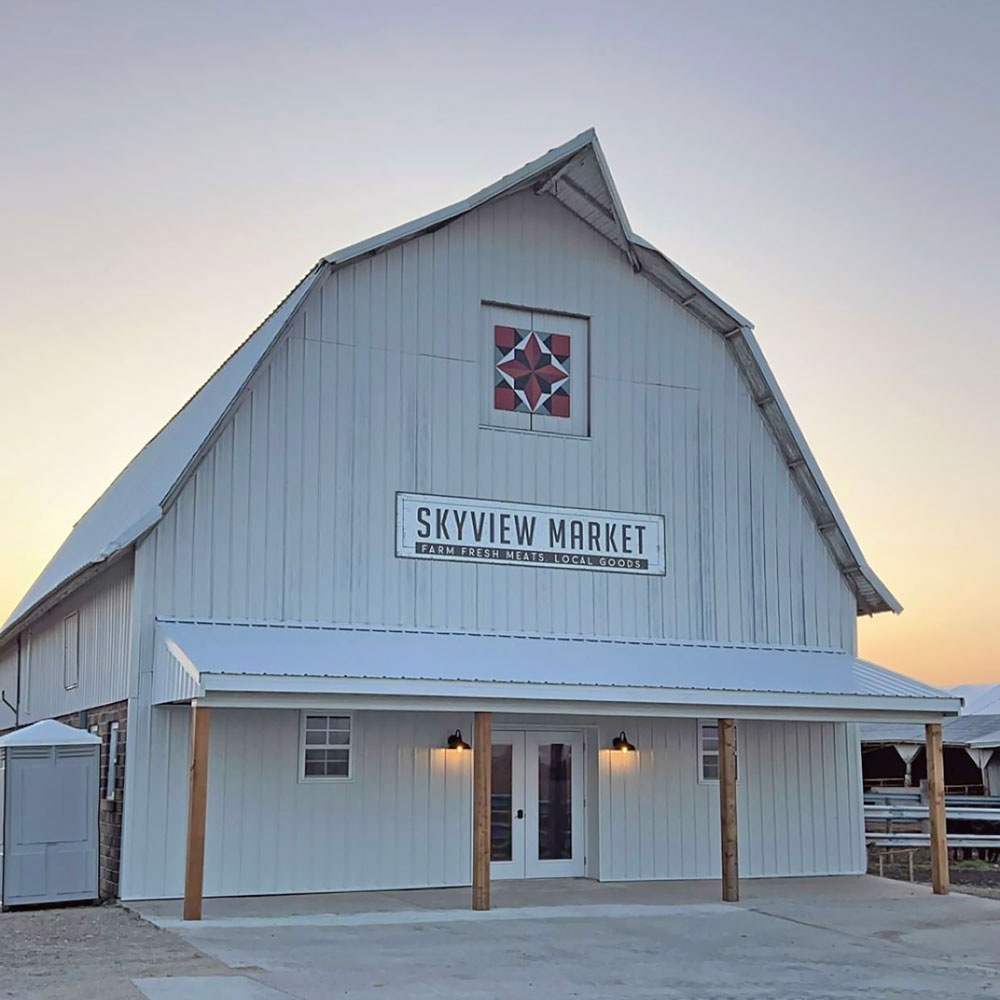



Social Share